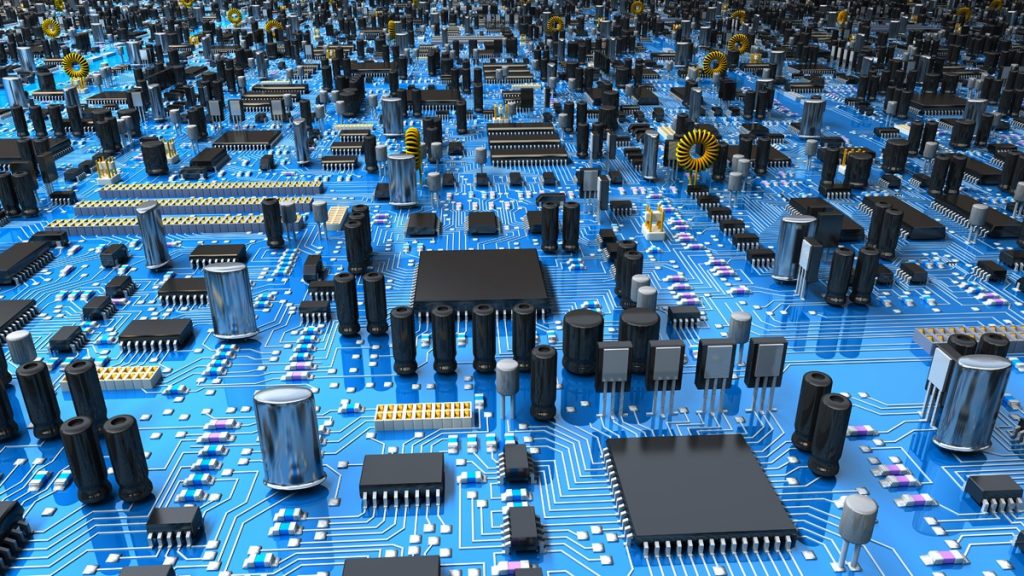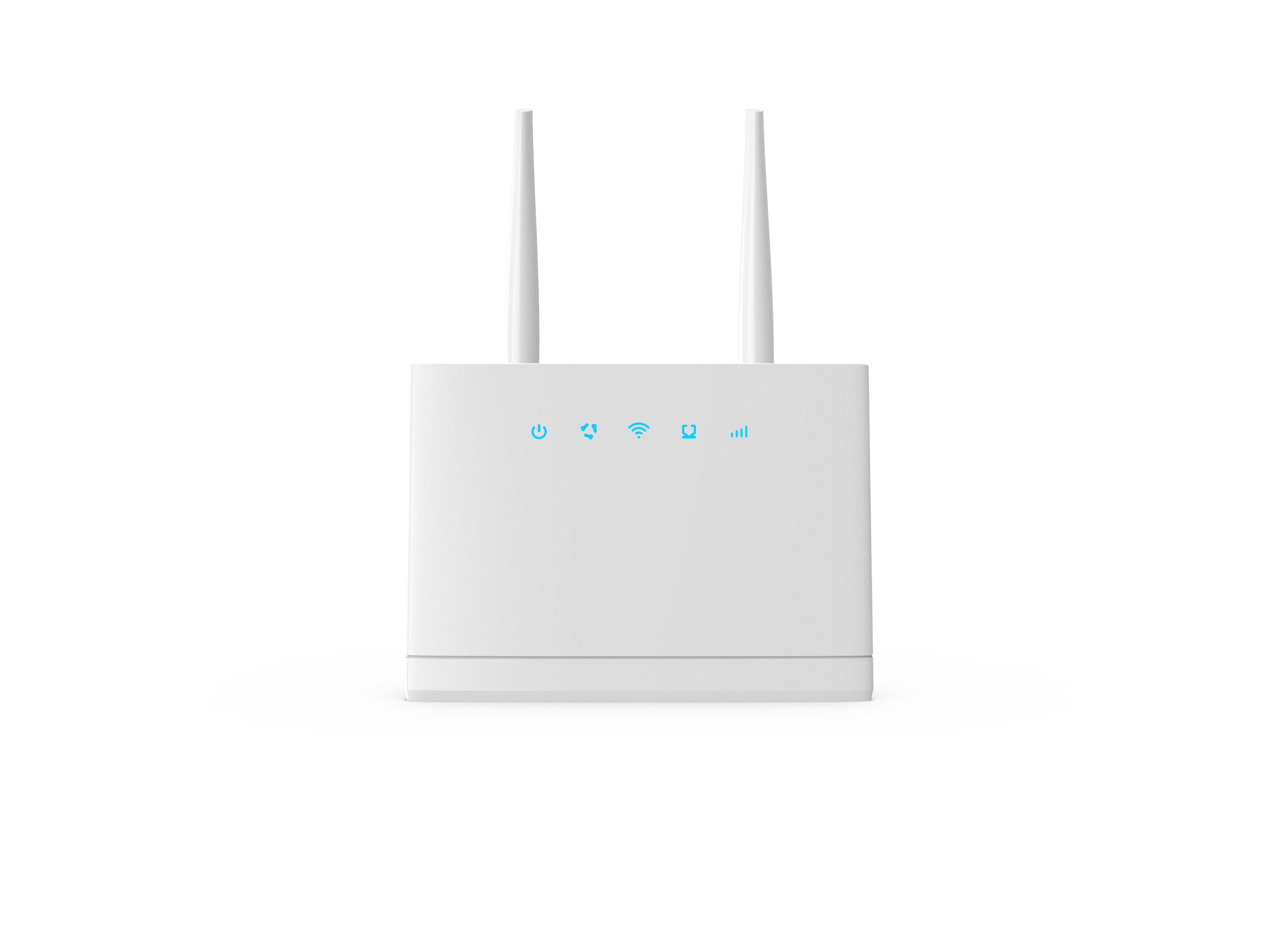Unveiling the Powerhouse of Electronics: Exploring the World of Electronic Components

In the realm of electronics, electronic components play a pivotal role in powering and enabling the devices we rely on daily. From smartphones to spacecraft, these components form the building blocks that bring technology to life. In this blog post, we will delve into the fascinating world of electronic components, exploring their significance, types, and their impact on various industries.
- Understanding Electronic Components:
Electronic components are fundamental units that perform specific functions within an electronic system. They are the essential elements that enable the flow and control of electric current. These components can be passive, such as resistors and capacitors, or active, like transistors and integrated circuits (ICs). Each component serves a unique purpose, contributing to the overall functionality of the electronic device. - Types of Electronic Components:
2.1 Resistors: These components regulate the flow of electric current, offering resistance to the flow. They are crucial in controlling voltage levels and protecting sensitive components from damage.
2.2 Capacitors: Capacitors store and release electrical energy, acting as temporary power sources. They are vital in stabilizing voltage, filtering noise, and facilitating smooth signal transmission.
2.3 Transistors: Transistors are active components that amplify or switch electronic signals. They are the backbone of modern electronics, enabling functions like amplification, switching, and modulation.
2.4 Integrated Circuits (ICs): ICs are miniature electronic circuits etched onto a semiconductor material. They integrate numerous components, such as transistors, resistors, and capacitors, into a single chip. ICs revolutionized the electronics industry, enabling compact and powerful devices.
2.5 Diodes: Diodes allow current to flow in only one direction, acting as electronic valves. They are crucial in converting alternating current (AC) to direct current (DC), protecting circuits from reverse voltage, and generating light in LEDs.
- Applications in Various Industries:
3.1 Consumer Electronics: Electronic components are the backbone of consumer devices like smartphones, laptops, and televisions. They enable functionalities such as wireless communication, display technology, and power management.
3.2 Automotive Industry: Electronic components are extensively used in vehicles for engine control, safety systems, entertainment systems, and navigation. Advanced components like sensors and microcontrollers enhance vehicle performance and efficiency.
3.3 Aerospace and Defense: Electronic components are critical in aerospace applications, including satellite communication, navigation systems, and flight control. They withstand extreme conditions and ensure reliable operation in space and defense equipment.
3.4 Healthcare: Medical devices rely on electronic components for accurate diagnostics, patient monitoring, and life-saving treatments. Components like sensors, microprocessors, and memory devices enable precise measurements and data analysis.
- The Future of Electronic Components:
As technology advances, electronic components continue to evolve. Miniaturization, increased functionality, and energy efficiency are driving innovation. Emerging technologies like flexible electronics, nanotechnology, and quantum computing are reshaping the landscape of electronic components, promising exciting possibilities for the future.
Conclusion:
Electronic components are the unsung heroes behind the seamless functioning of our modern world. From the simplest resistor to the most complex integrated circuit, these components empower industries and shape our daily lives. Understanding their significance and staying updated with the latest advancements is crucial for both professionals and enthusiasts alike. So, let's embrace the world of electronic components and witness the remarkable transformations they bring to our ever-evolving technological landscape.


